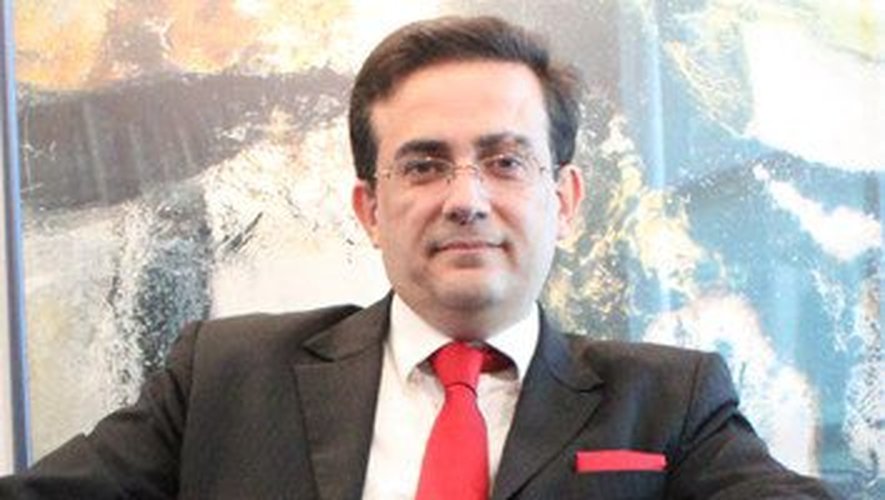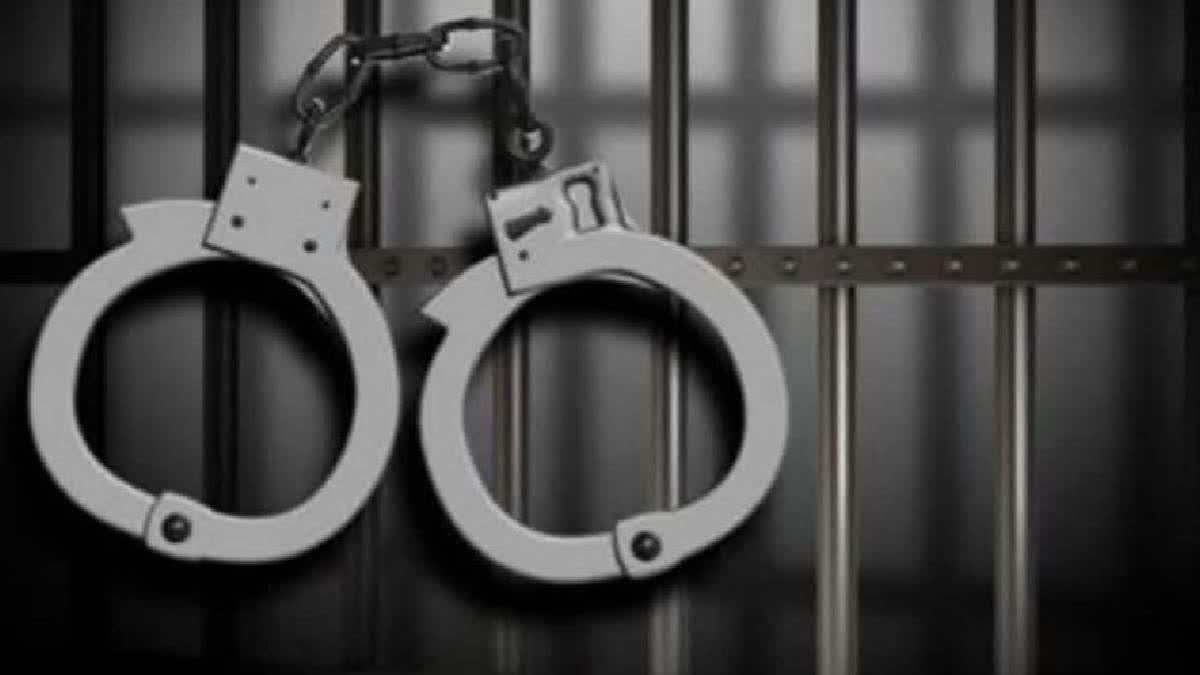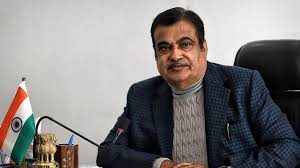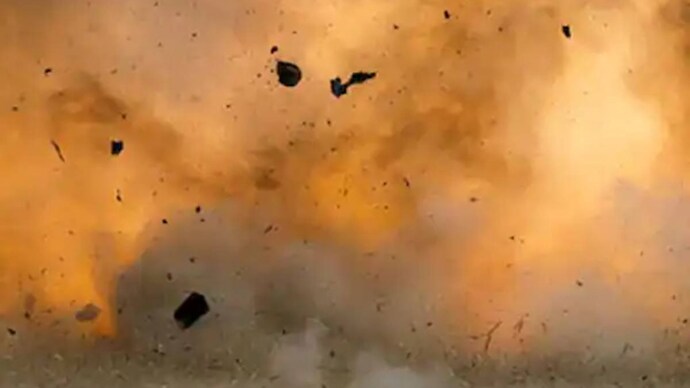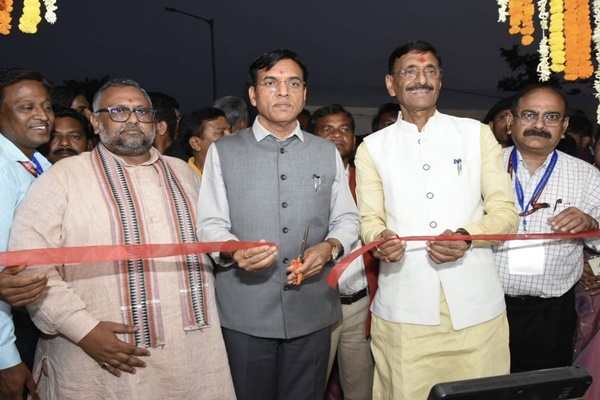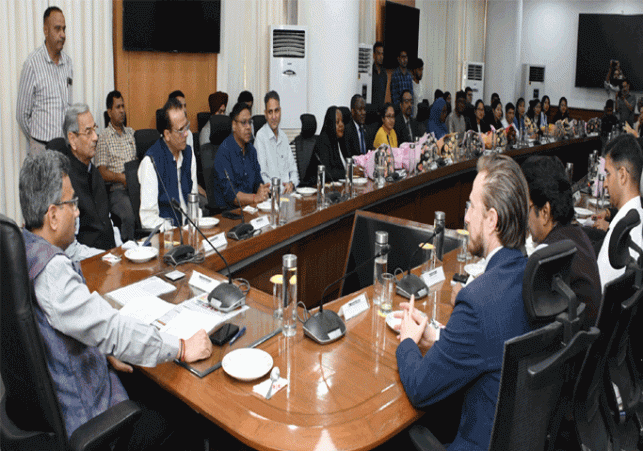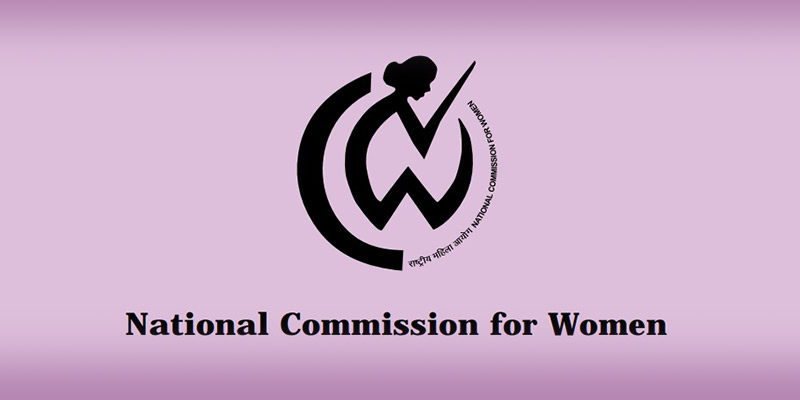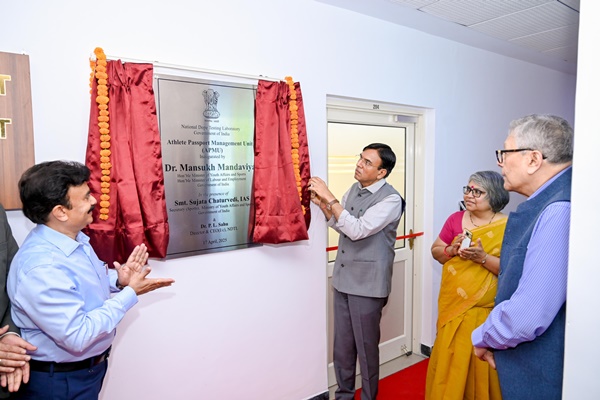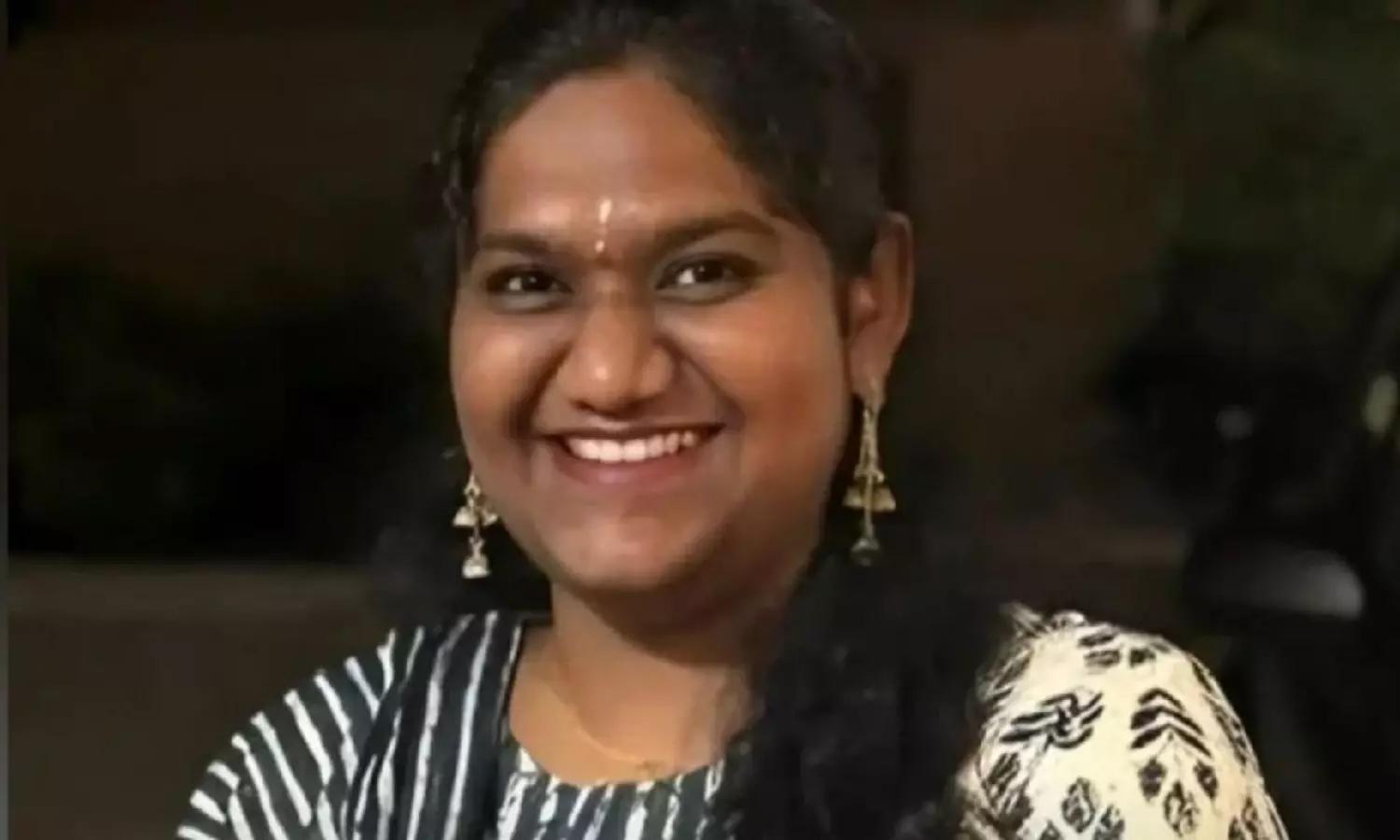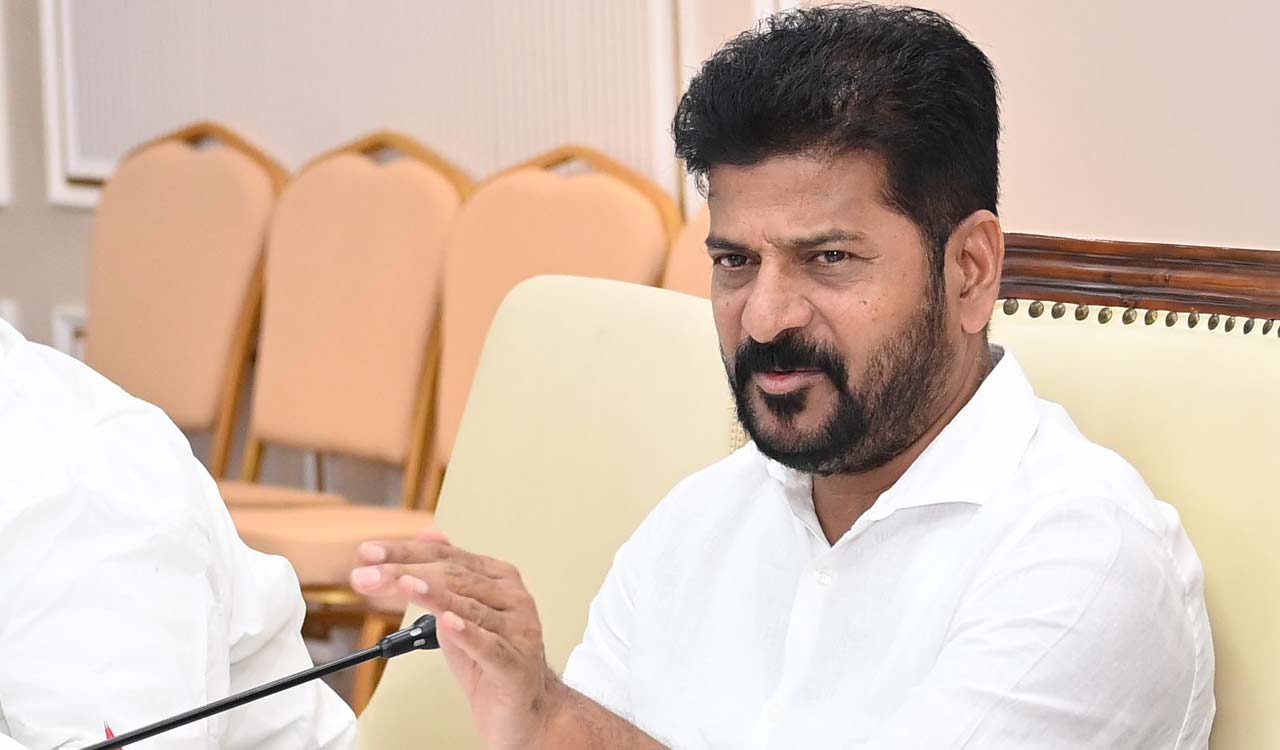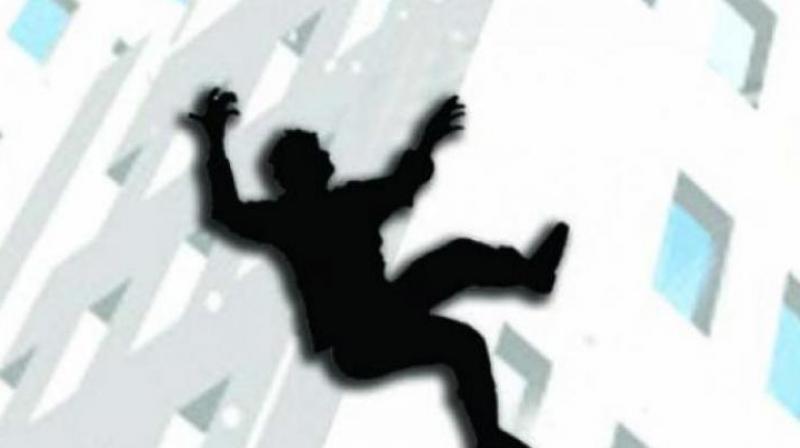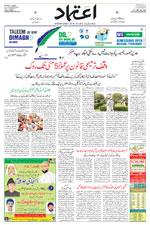Mosul battle: Iraqi special forces enter city limits
Tue 01 Nov 2016, 23:29:51
Iraqi forces have for the first time entered the outskirts of Mosul, as they attempt to drive Islamic State (IS) militants from the northern city.
Elite Counter-Terrorism Service troops seized control of the state TV building in Kukjali hours after launching an assault on the eastern district.
But a BBC journalist embedded with them says they are facing fierce resistance.
Army units are also pushing into the south-eastern Judaydat al-Mufti area, according to the military.
On Monday, Iraqi Prime Minister Haider al-Abadi told the 3,000 to 5,000 militants believed to be inside Mosul, which they overran in June 2014, that there was "no escape" and to "either surrender or die".
About 50,000 Iraqi security forces personnel, Kurdish fighters, Sunni Arab tribesmen and Shia militiamen are involved in the two-week-old offensive to drive IS militants out of their last major urban stronghold in the country.
Counter-Terrorism Service (CTS) units retook Bazwaya, the last village before Mosul's eastern outskirts, in a dawn assault on Monday and then advanced on the Kukjali industrial zone.
They moved out again shortly before first light on Tuesday, this time with the aim of entering the adjoining Kukjali residential area, which is within the city limits.
The troops have much more momentum than anybody expected up until this point, our correspondent says.
But, he adds, they are coming under attack from a number of different directions with a number of different weapons.
The troops have responded to the RPG, machine-gun and sniper fire with heavy weapons, and also by calling in air strikes by the US-led coalition against IS.
A number of civilians have also approached them, some waving white flags.
By noon, the troops were approaching the more built-up Karama district, Maj Gen Sami al-Airdi of the CTS told the Associated Press news agency.
In an attempt to slow the advance, militants had set up concrete blast
walls to block the main road into Karama, and also planted bombs along it, he said.
walls to block the main road into Karama, and also planted bombs along it, he said.
Later, as the state television building was retaken, CTS commander Lt Gen Abdul Wahhab al-Saidi said most of Kokjali had been cleared.
One resident of the nearby Quds district told Reuters news agency: "We can see [IS] fighters firing towards the Iraqi forces and moving in cars between the alleys of the neighbourhood."
Later, the Iraqi military's Joint Operations Command announced that units from the army's ninth armoured division and first division had entered the Judaydat al-Mufti district, to the south-east, after capturing several outlying villages.
As Mosul is encircled, UN officials have expressed concern for the safety of the 1.5 million civilians estimated to be living there.
The Office of the High Commissioner for Human Rights said on Tuesday that it had received fresh reports of mass killings and forced relocations carried out by IS.
Militants were alleged to have killed 40 former soldiers from the Shura area south of Mosul and from villages surrounding the town of Hamam al-Alil, and then thrown their bodies into the River Tigris, spokeswoman Ravina Shamdasani said.
IS also brought dozens of lorries and mini-buses into Hamam al-Alil early on Monday in an attempt to forcibly transfer 25,000 to the city itself, she added.
Many of the vehicles were prevented from moving by coalition military operations in the area. But some did reach Abu Saif, just outside Mosul's international airport.
Separately on Tuesday, Turkey began deploying tanks and other vehicles to its border with Iraq, about 100km (62 miles) north-west of Mosul.
The Turkish government is concerned that the Kurdistan Workers' Party (PKK), which it regards as a terrorist group, will gain greater influence in northern Iraq.
It also says it wants to protect Iraq's Sunni Turkmen community from pro-government Shia paramilitary fighters moving towards Tal Afar, west of Mosul.
No Comments For This Post, Be first to write a Comment.
Most viewed from International
Most viewed from World
AIMIM News
Latest Urdu News
Most Viewed
May 26, 2020
Do you think Canada-India relations will improve under New PM Mark Carney?
Latest Videos View All
Like Us
Home
About Us
Advertise With Us
All Polls
Epaper Archives
Privacy Policy
Contact Us
Download Etemaad App
© 2025 Etemaad Daily News, All Rights Reserved.

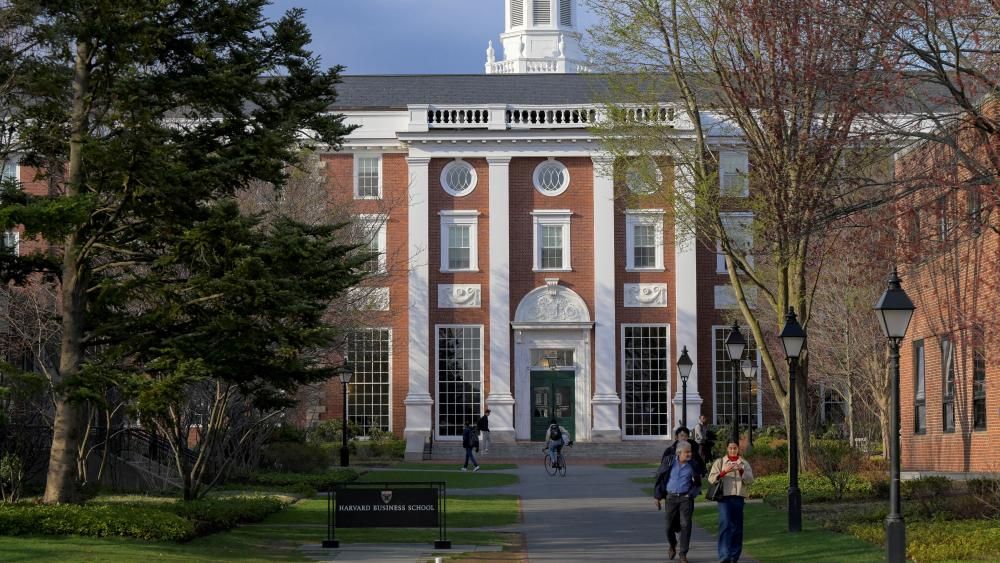
.jpg)
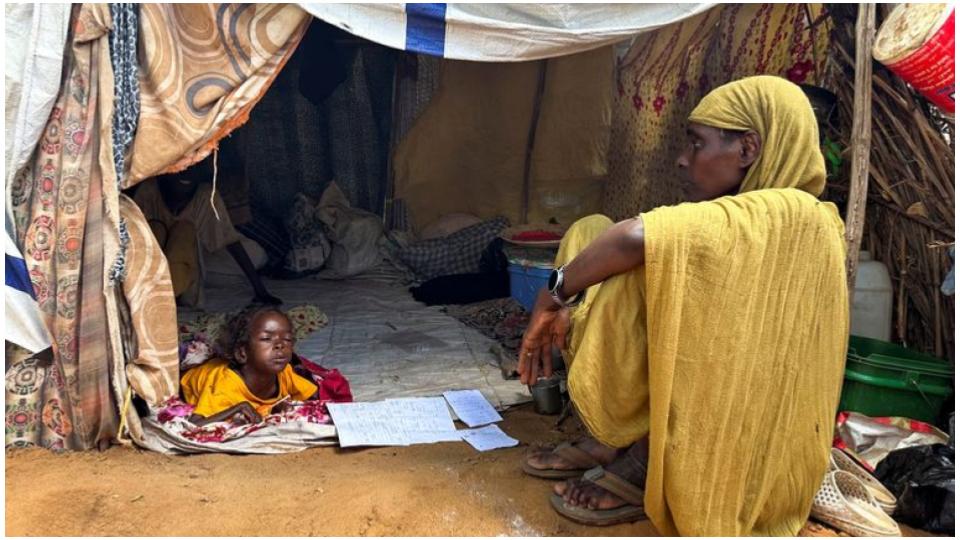
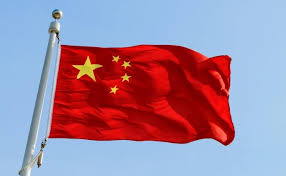
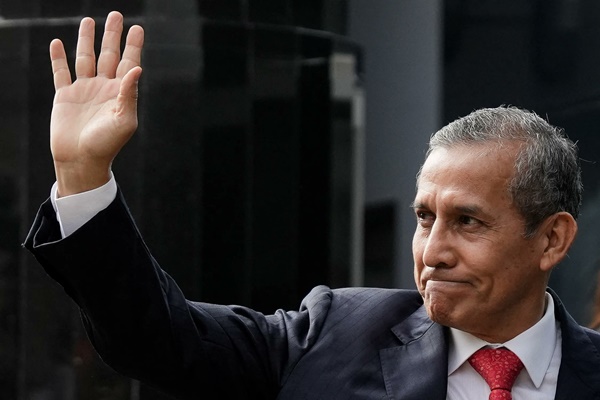
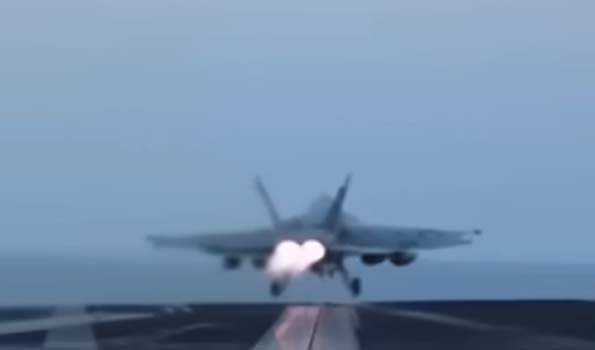
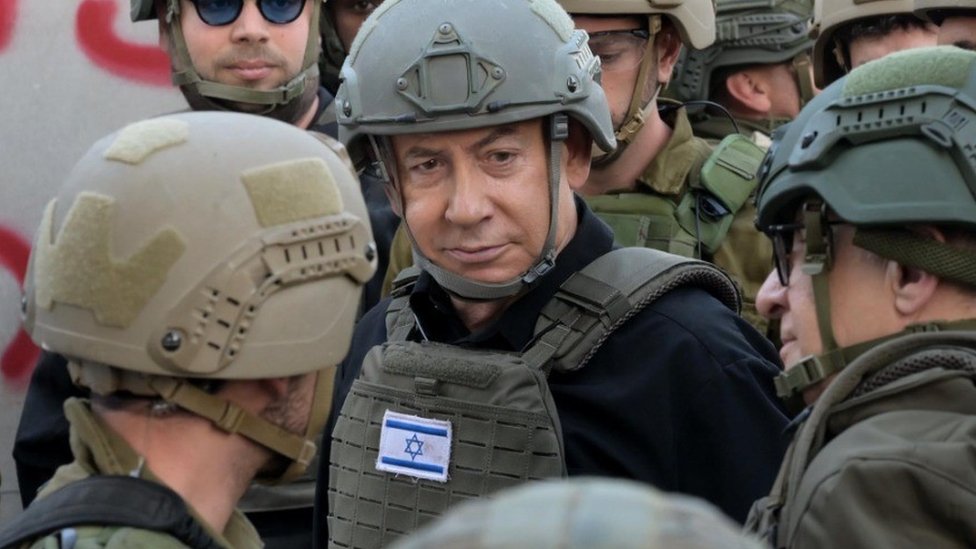
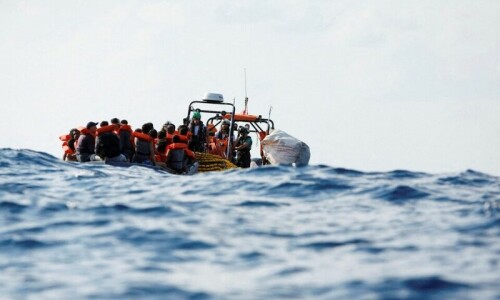
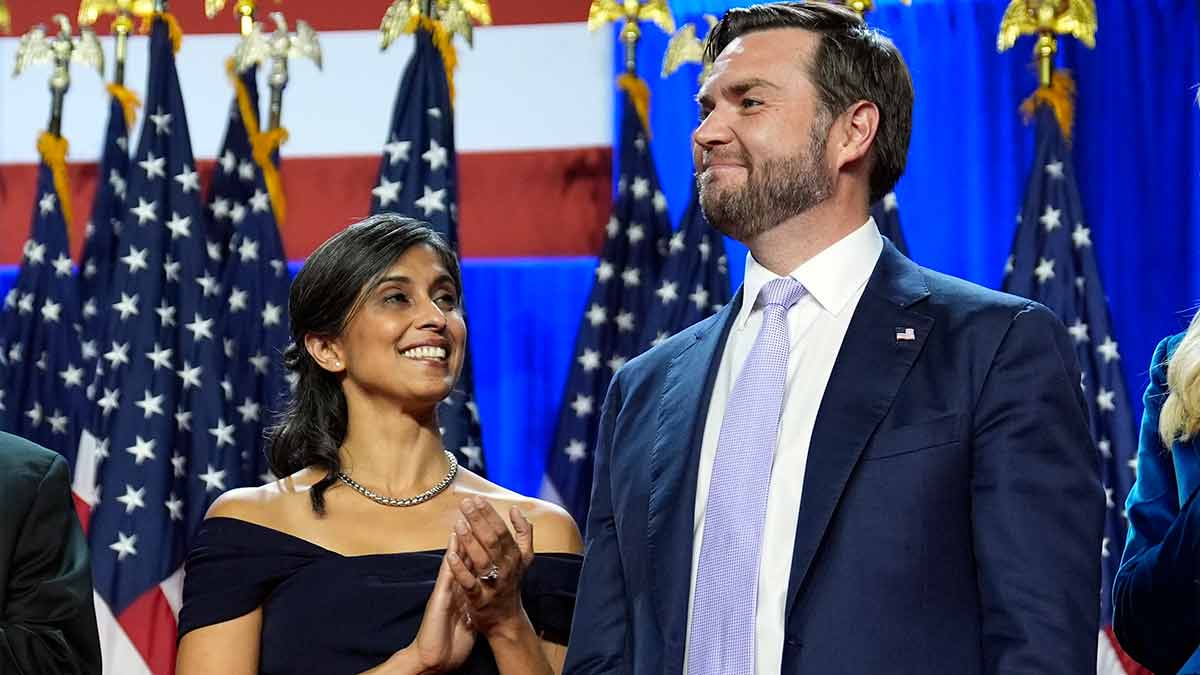
.jpg)
.jpg)
.jpg)

